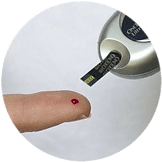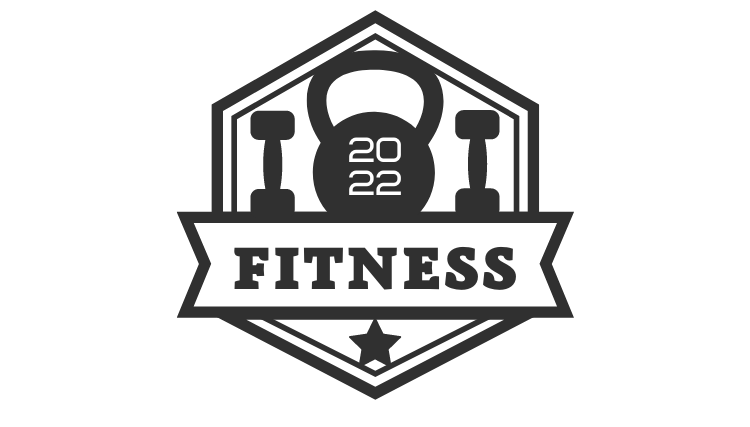Looking to lose weight? Diet drinks might not be the sweet spot.
Are you trying to lose weight? According to one research, diet beverages may not be the best option.
A synthetic aftertaste may not be the only negative effect of switching to diet Coke, particularly if you’re attempting to lose weight.
Drinks containing the Artificial sweeteners
Drinks containing the artificial sweetener sucrose may boost food desires and hunger in women and obese individuals, according to a recent study conducted by experts at USC’s Keck School of Medicine.
JAMA Network
The research, which was just published in JAMA Network Open, is one of the biggest to date to investigate the effects of an artificial sweetener, also known as a non-nutritive sweetener NNS, on brain activity and hunger responses in various segments of the population.
What is JAMA Network Open
JAMA Network Open is a monthly open-access medical journal published by the American Medical Association.
It covers all aspects of the biomedical sciences. It was established in 2018 and the founding editor-in-chief is Fred Rivara
Calorie-Free
More than % of people in the United States now utilize NNSs as a calorie-free method to satisfy a sweet craving and, in some instances, achieve weight reduction objectives.
Widespread Use
Despite their widespread use, the health implications of artificial sweeteners are still hotly disputed.
There is no clear agreement on their impact on hunger, glucose metabolism, and body weight.
Artificial Sweeteners
There is debate around the use of artificial sweeteners since many individuals take them for weight reduction.
Kathleen Page, MD, research co-author and associate professor of medicine at Keck School of Medicine, says
Type 2 Diabetes
While some research indicates they may be beneficial, others say they may contribute to weight gain, type 2 diabetes, and 
Our research looked at various demographic groups to try to figure out what was causing the contradictory findings.
NNS
Women and obese persons demonstrated increased brain activity related to food desires and hunger after sucrose-containing drinks.
In the two hours that followed, the researchers measured three things:
Activation of regions of the brain responsible for appetite and food cravings in response to images of high-calorie foods like a burger and doughnut.
The Blood
The amounts of glucose, insulin, and other metabolic hormones in the blood; and the quantity of the folate in the blood.
The study group included an equal number of men and females who were classified as being of normal weight, overweight, or 
Sucrose-Containing Beverages
When comparing sucrose-containing beverages to drinks containing actual sugar.
After sucrose-containing beverages, women and obese people showed greater activity in regions of the brain associated with food cravings and hunger.
The research also found an overall reduction in levels of hormones that signal the body.
I’m full
I’m satisfied after drinking the sucrose-containing drink vs. artificially sweetened beverages may not be effective in suppressing hunger.
Snack Buffet
Finally, after drinking the sucrose-containing drink, female individuals ate more at the snack buffet than male participants, although snack food consumption did not vary.
Fasted Overnight
Page cautioned that these findings should be interpreted with care since all individuals fasted overnight before the research and were presumably more hungry than normal.
According to Page, “this research begins to offer context for the varied findings from prior studies on the brain.
 Behavioural impacts of Artificial Sweeteners
Behavioural impacts of Artificial Sweeteners
We were able to demonstrate that females and individuals with obesity may be more susceptible to artificial sweeteners by examining various groups.
Drinking artificially Sweetened Beverages
Drinking artificially sweetened beverages may mislead the brain into feeling hungry, resulting in more calories eaten.
PhD’s
Alexis DeFendis, BA, Trevor Pickering, PhD, Shan Luo, PhD, and John Monterosso, PhD.
Obesity and Sex-Associations
Obesity and Sucrose Effects on Appetite and Reward Processing.
Want to lose weight? Diet beverages may not be the best option: September research grabbed September from
Please Leave Comments and Questions Below.


